Tag: history

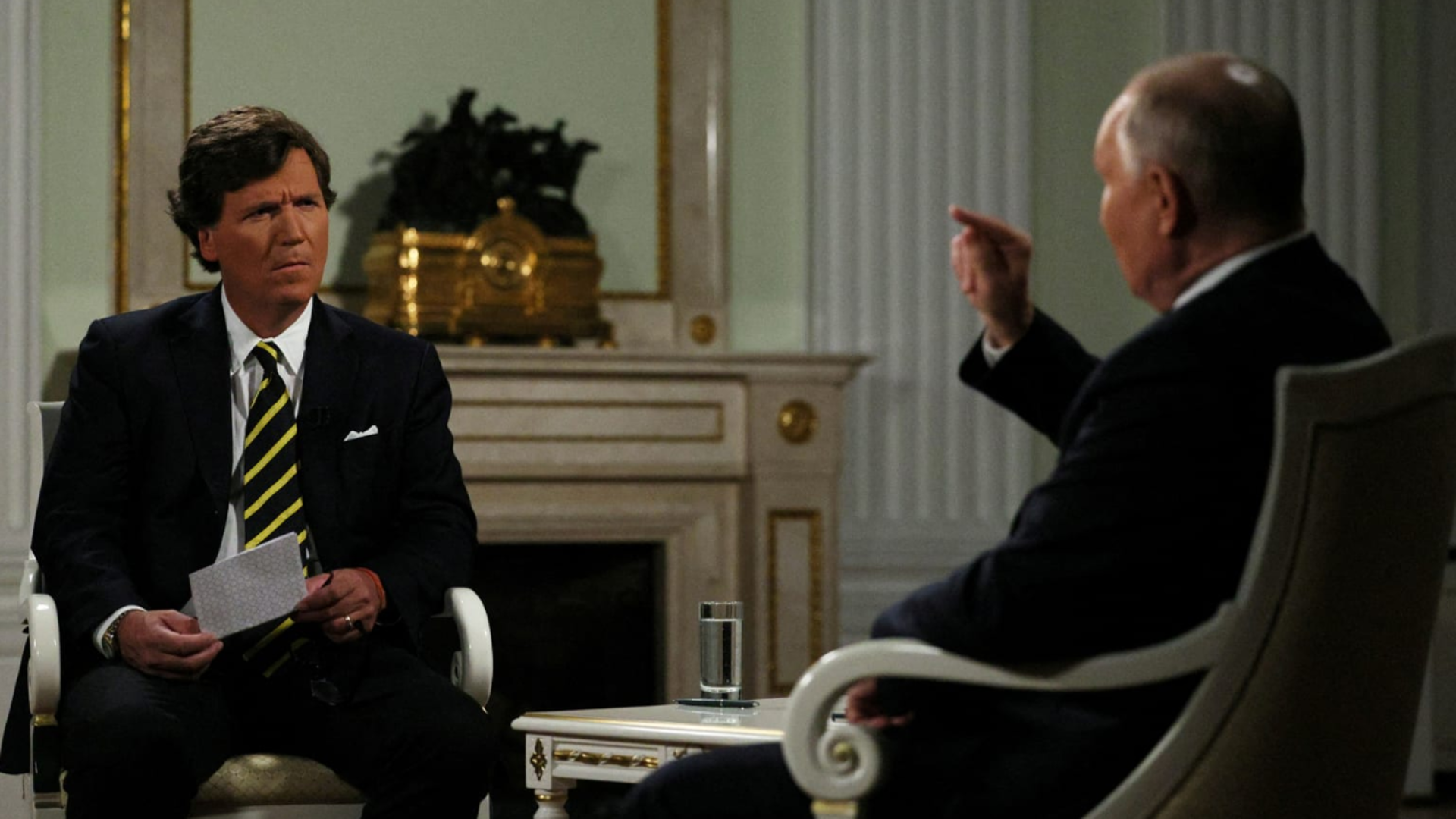
Debunking Putin’s Alternative “History”
February 23, 2024 | Post
Two years on from Putin’s invasion of Ukraine, let’s examine and debunk some of the bogus justifications put forth by the fascist regime in Moscow and Putin’s alternative “history” that he uses in his attempts to delegitimize the Ukrainian nation.

The Soviet Union’s terrible legacy on democracy and minority rights
February 7, 2024 | Post
Since they first seized power, Soviet leaders have claimed their “democracy” to be the best in history. However, their understanding of democracy differs significantly from that of the United States and other Western nations.
This second piece of a series addressing myths about the Union of Soviet Socialist Republics (USSR) will focus on the country’s strange legacy on democracy and minority rights.
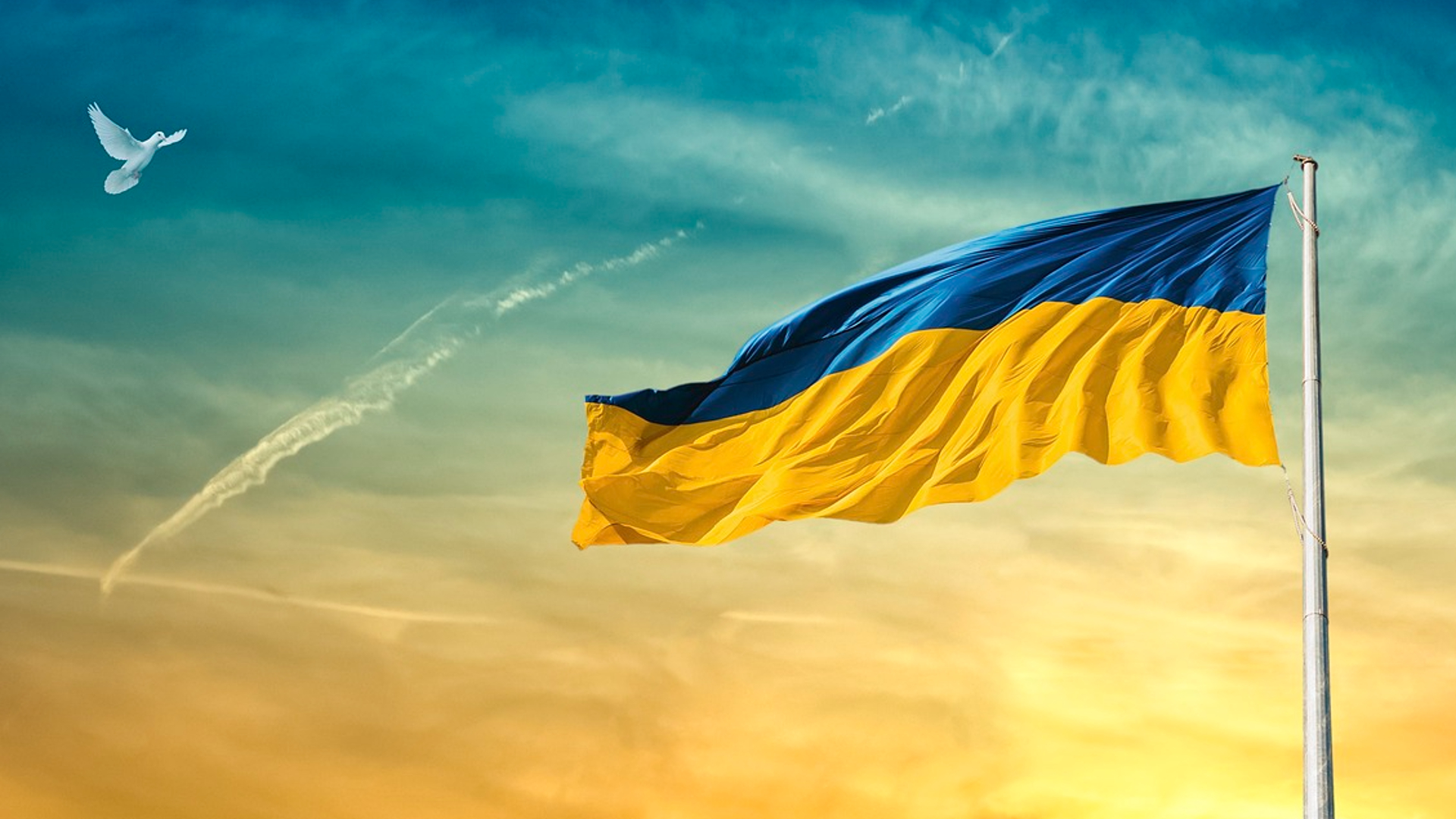
There is only one colonizer in Ukraine, and it isn’t the West
January 16, 2024 | Post
Amid the ongoing war in Ukraine, Vladimir Putin and the Russian state — along with many gullible voices in the West — assert that Ukraine is a victim of Western colonialism and expansionism.
Indeed, Putin’s narrative frames Russia’s invasion as a supposed liberation of Ukraine from nefarious external influences.
However, an examination of history reveals a starkly different truth — one deeply rooted in centuries of Russian colonialism and expansionism.

What would Adam Smith write about now?
October 6, 2023 | Post
In the pantheon of economic thought, Adam Smith stands as a colossus, a philosopher whose seminal work, The Wealth of Nations, fundamentally shaped our understanding of free markets and the power of individual self-interest to fuel societal progress. But what would he write about today’s issues?
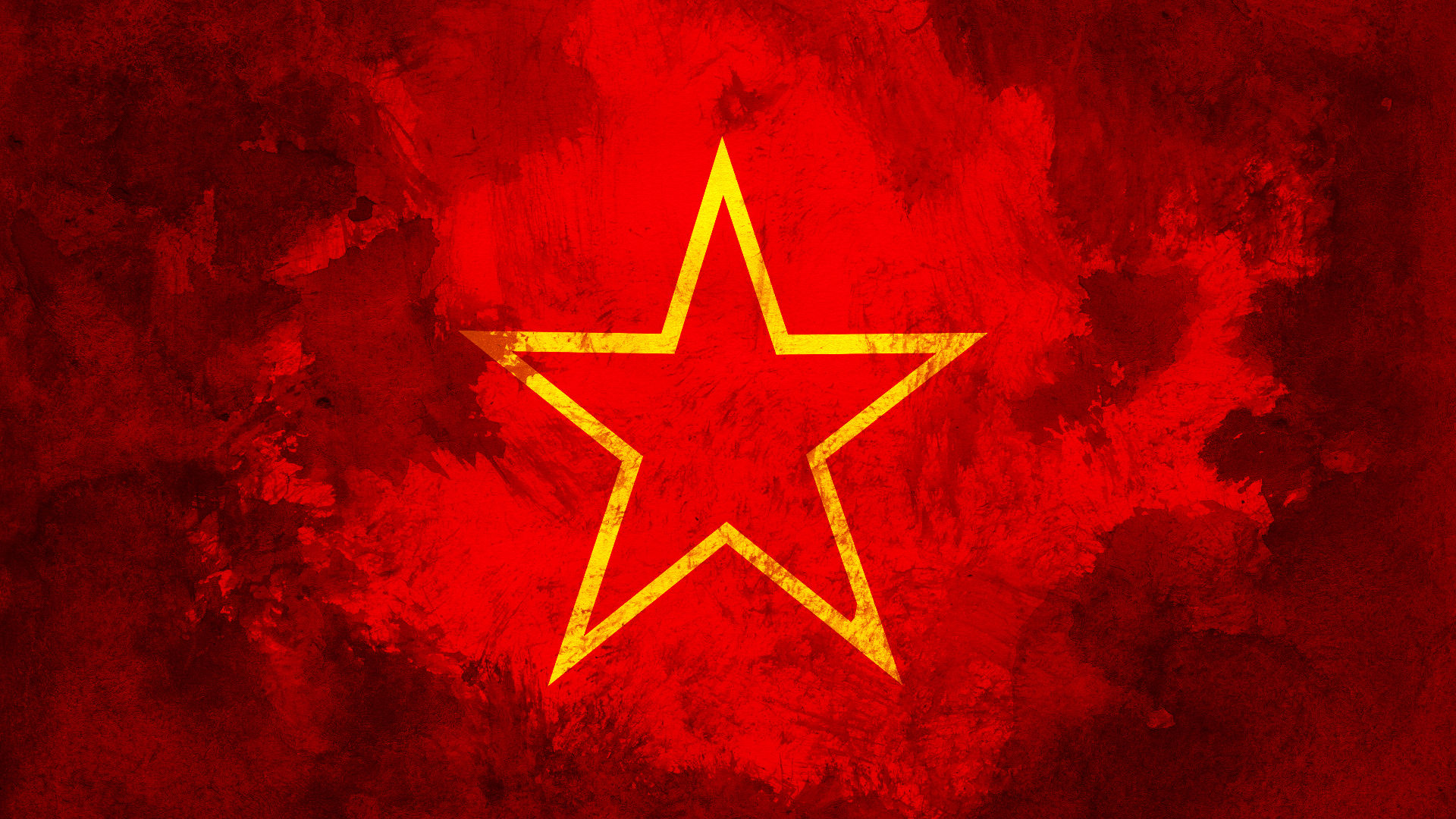
Why is communism still a thing in Portugal?
September 22, 2023 | Post
On March 6, 2021, the streets of several Portuguese cities were adorned with communist flags and other decorations. These scenes looked like they were straight out of the Soviet Union or perhaps a present-day communist country. In reality, though, we’re talking about cities like Lisbon or Porto. But why is communism still a thing in Portugal?

What Elizabeth Bennet taught me about liberty
September 14, 2023 | Post
Elizabeth Bennet, the protagonist in Jane Austen’s Pride and Prejudice, stands out because of her unconventional views on education and marriage, challenging the staunchly patriarchal society of Georgian England. Here’s what her story can teach us about liberty…
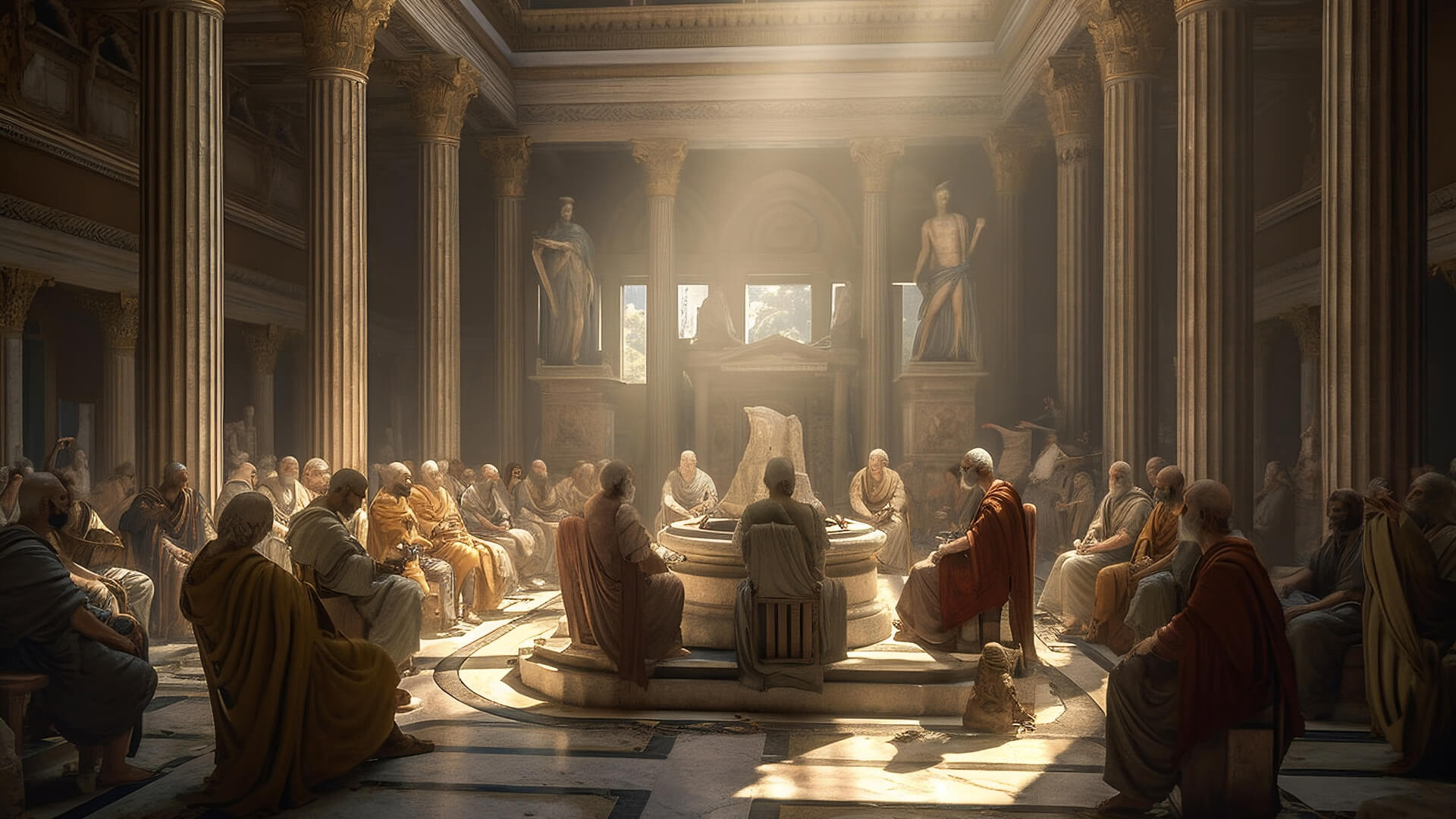
The philosophical journey of liberty: from Antiquity to the Age of Revolution
September 5, 2023 | Post
After its extensive development in Greece and (to a lesser extent) Rome, the notion of liberty was largely forgotten during the subsequent medieval era. During this time, a culture of intense military domination emerged, leading the European population to submit to regimes that caused a decline in both political and individual autonomy, and consigning ancient Greek democratic institutions to history.
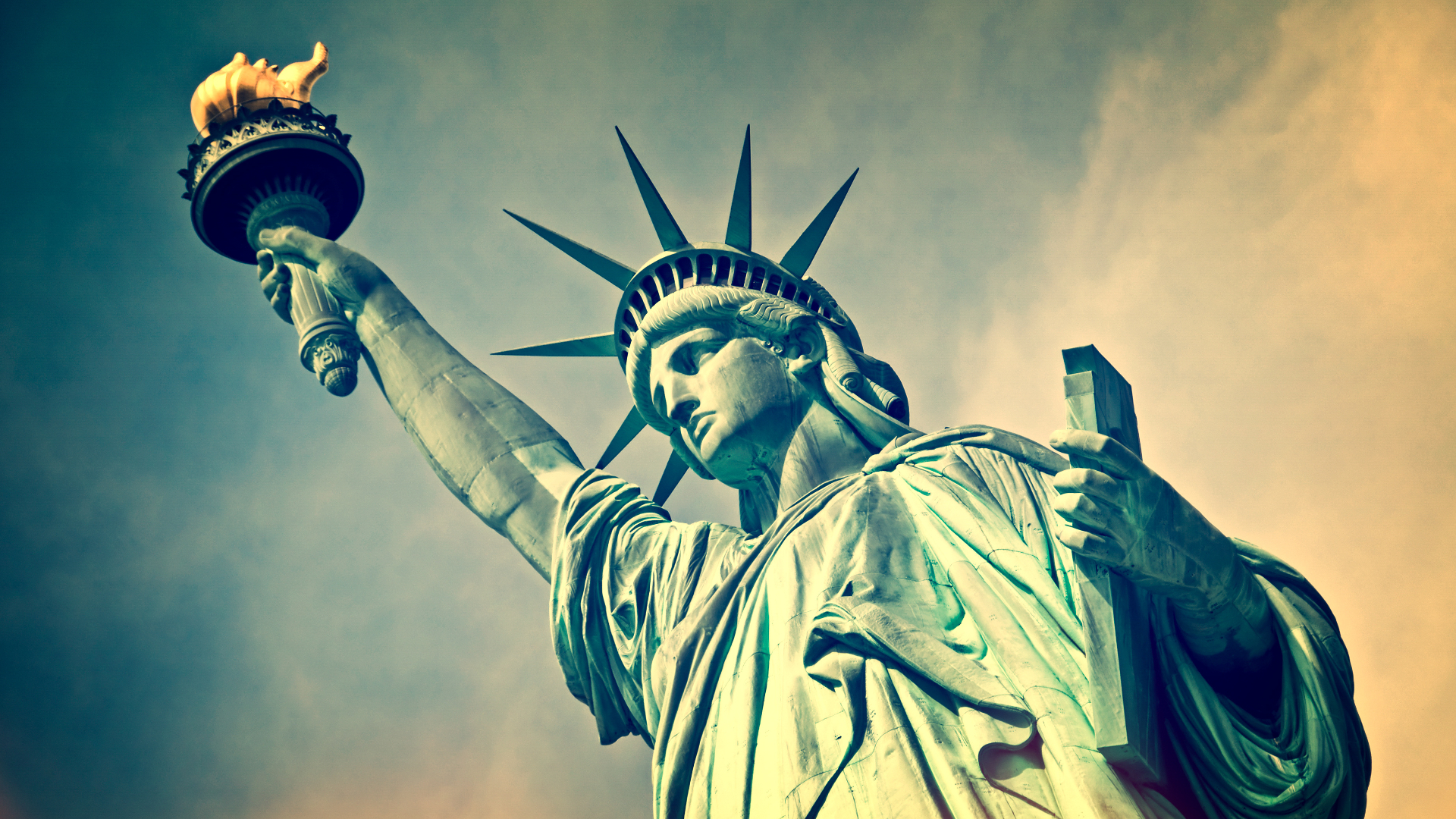
The origins of libertarianism
August 3, 2023 | Post
Within the world of political spectrums, one ideology stands out for its axioms, principles, and ethics: libertarianism. It is a political philosophy based on the idea that the individual is the sole owner of oneself and therefore has the right to exercise their freedom without external interference, as long as it does not harm the freedom of others.
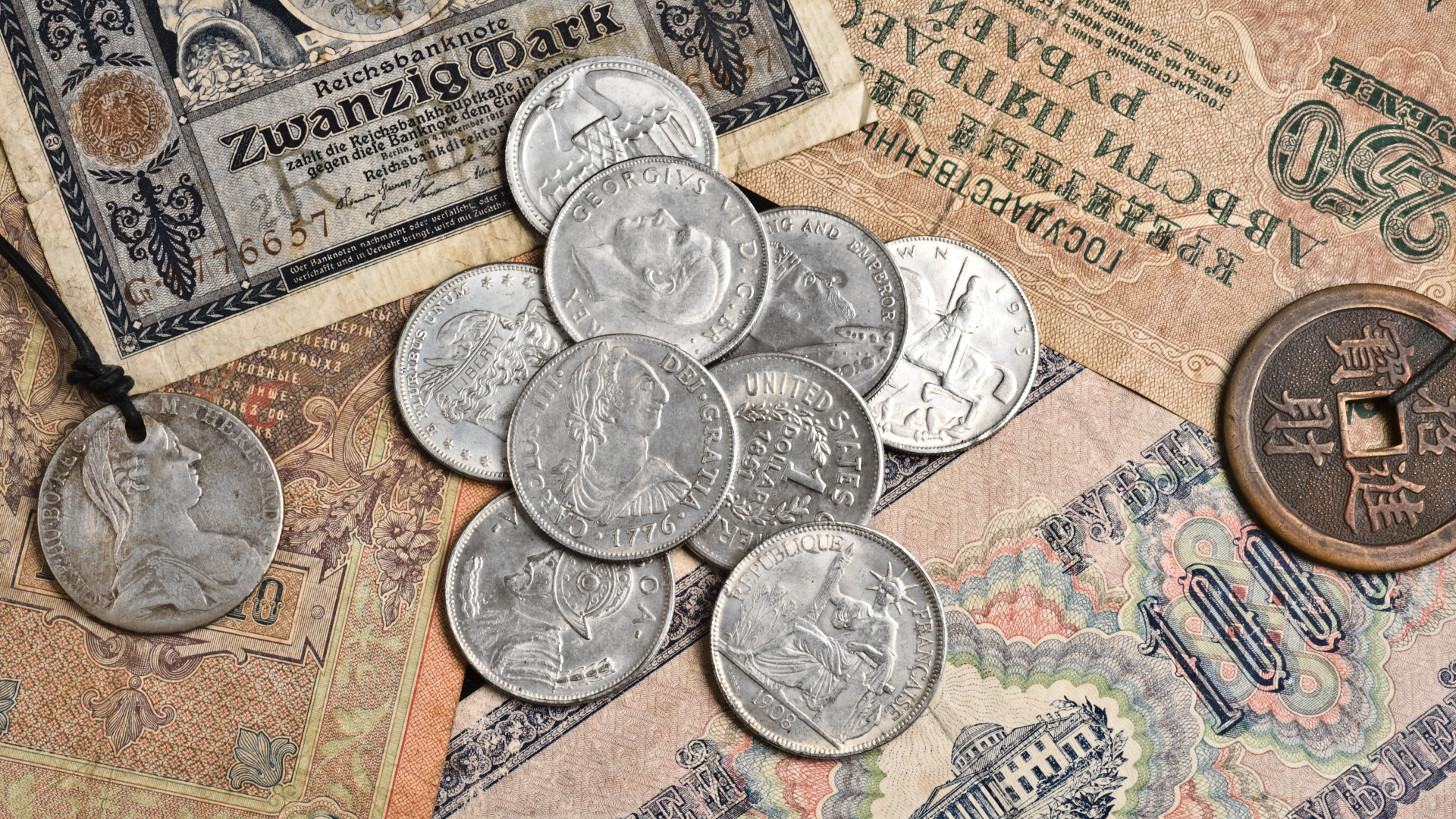
A history of money and the gold standard
July 28, 2023 | Post
The history of money is a story of human ingenuity and economic evolution. From the early days of bartering to the unfortunate establishment of fiat currency to a future rippling with potential thanks to cryptocurrencies, the concept of money has endured a wild ride.
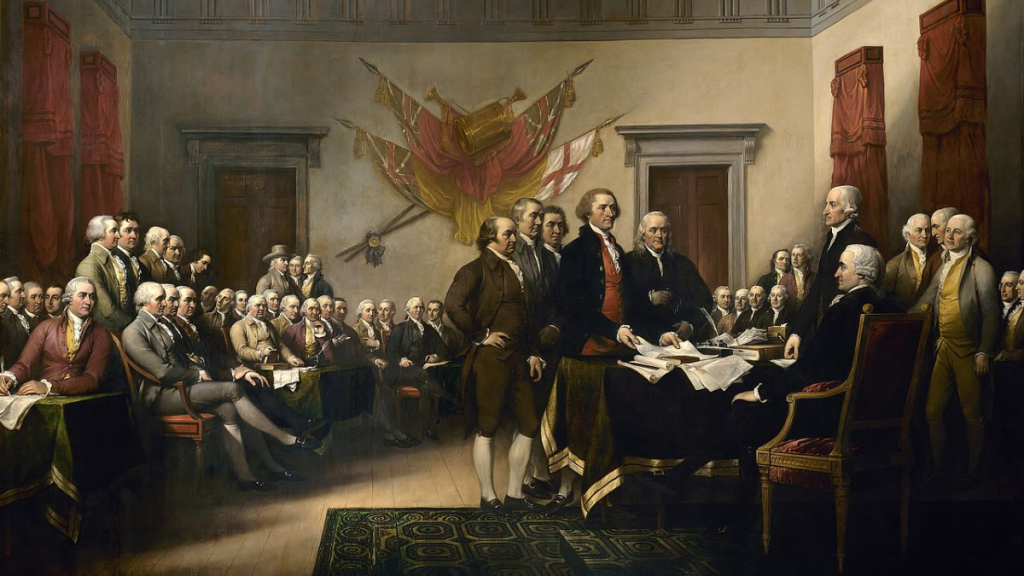
The two ideas that made America
July 3, 2023 | Post
The American Revolution: That moment when we declared independence from Great Britain and created an unprecedented new society. While we all know the basic details, most people don’t stop to ask exactly why the Founders declared independence from a powerful empire.

A classical liberal perspective on the significance of Juneteenth
June 19, 2023 | Post
Juneteenth has long served as an occasion to commemorate and celebrate the end of slavery in the American South. What are the key points involved in America’s newest federal holiday from a classical liberal perspective?

Debunking 3 myths about the French Revolution
June 14, 2023 | Post
The French Revolution is a pivotal event in history that brought significant political and social changes to France. However, there are many longstanding misconceptions surrounding this series of events.
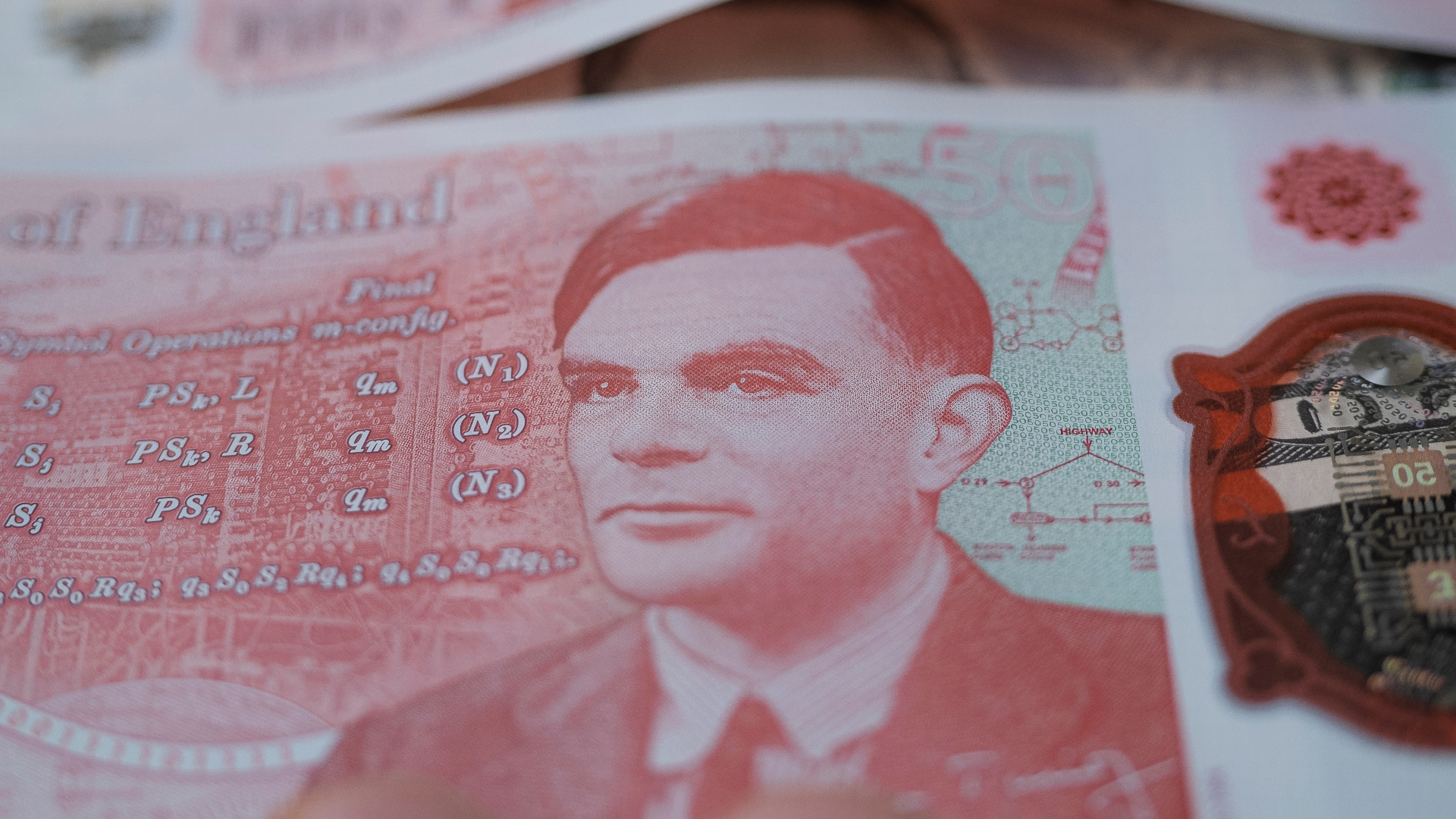
How Alan Turing’s tragic tale epitomizes LGBTQ+ persecution by governments
June 13, 2023 | Post
Alan Turing was an English mathematician, cryptanalyst, and computer scientist who played a pivotal role in deciphering intercepted enemy communications during World War II. However, Turing was later persecuted by the British state due to his homosexuality. His story epitomizes the persecution of LGBTQ+ by governments
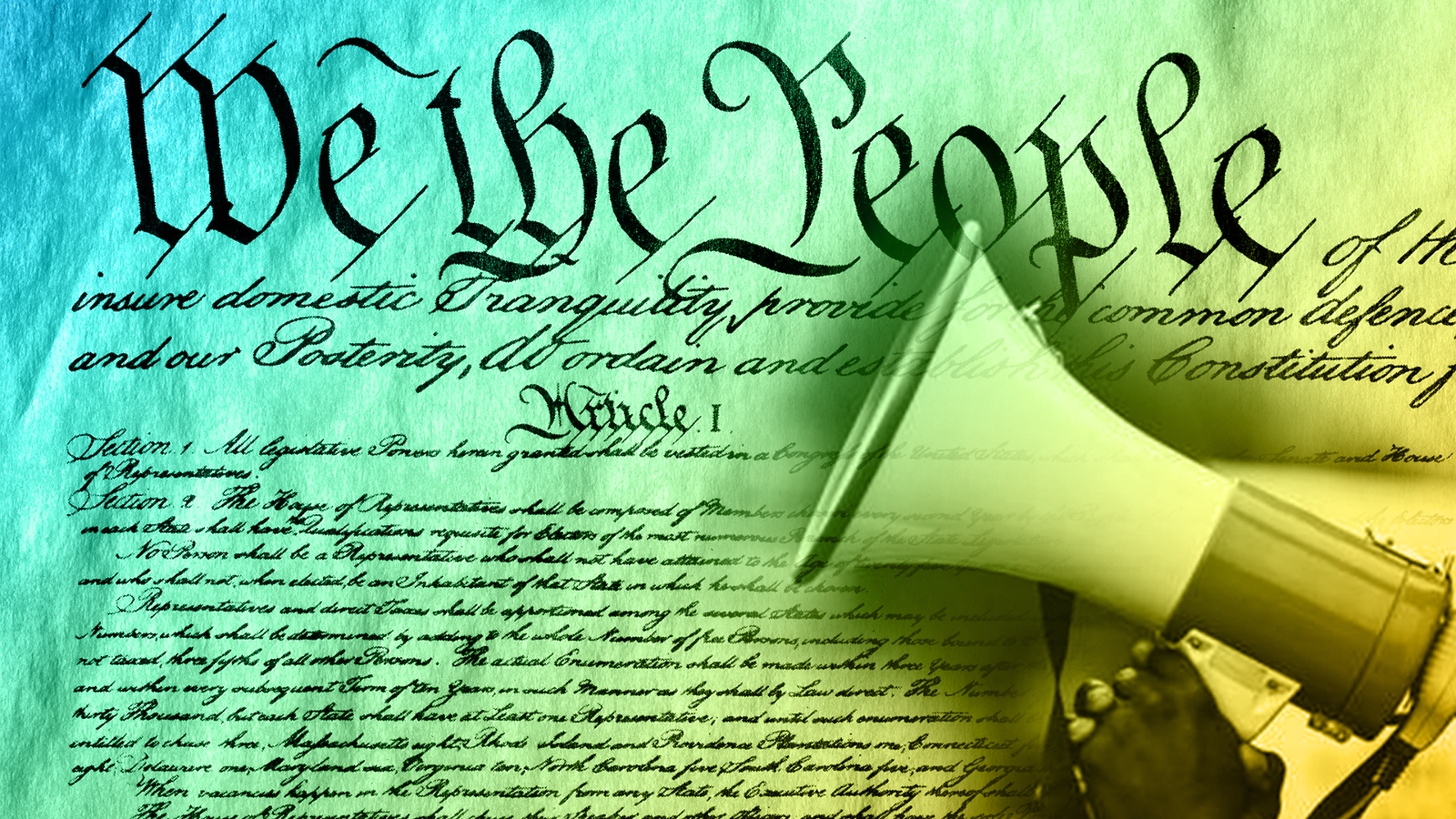
A history of free speech in America
June 8, 2023 | Post
The history of free speech in the United States is a complex and fascinating topic, deeply rooted in the nation’s founding principles. The First Amendment to the U.S. Constitution, ratified in 1791, protects the right to free speech, along with freedom of religion, the press, assembly, and petition.

How gun control might be seen 100 years from now
June 1, 2023 | Post
The book Lies My Teacher Told Me by James Loewen was assigned to me during my senior year of high school. I still reflect on its lessons and have found them applicable not just to the past, but, in some cases, to the future. Here is how hypothetical, sweeping new gun control legislation might be seen 100 years from now…
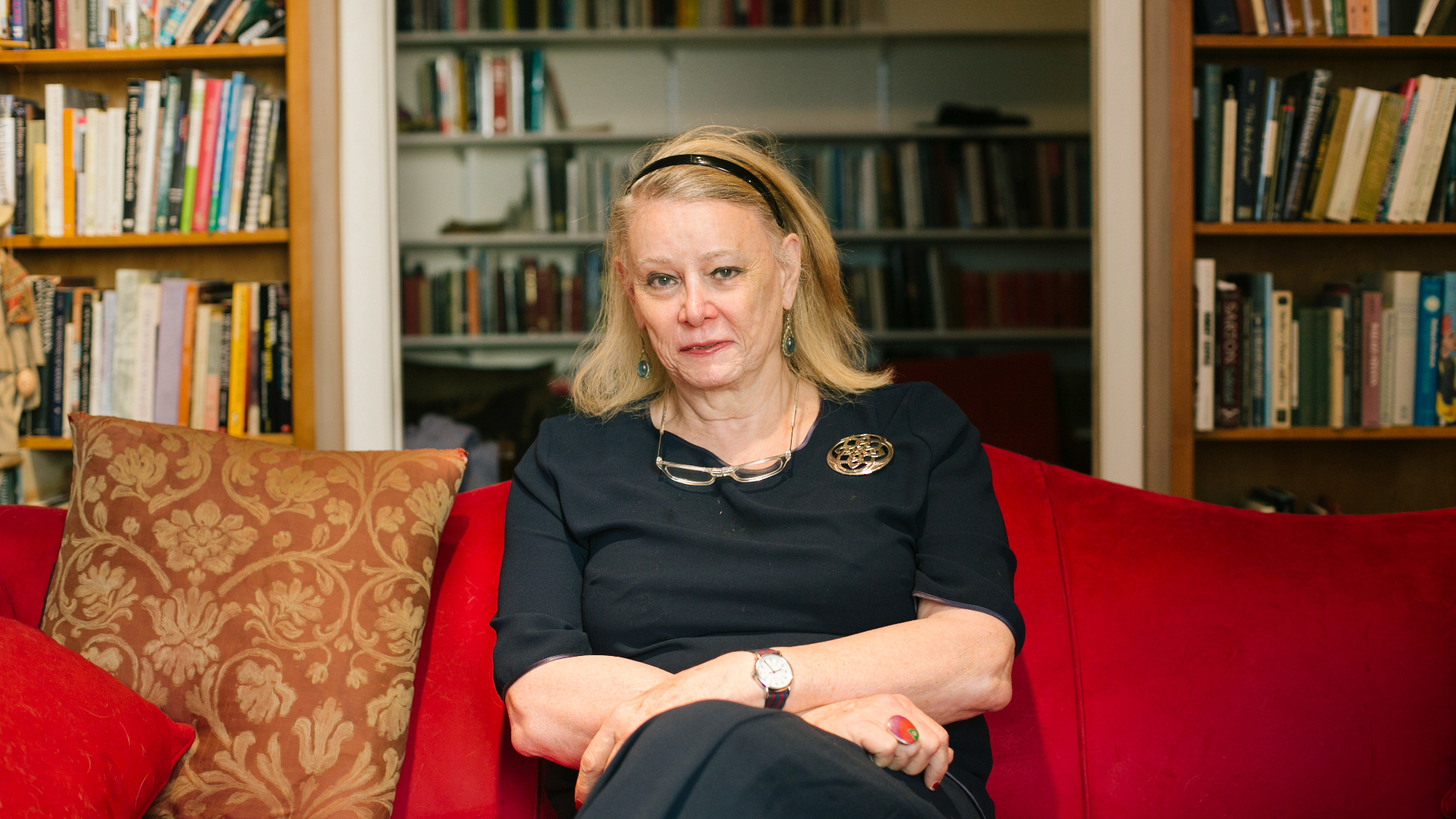
Unleashing the power of rhetoric: how Deirdre McCloskey transformed the landscape of economics
May 24, 2023 | Post
In a world dominated by numbers and equations, one economist dared to challenge the status quo and unveil the true power of persuasive language. Meet Deirdre McCloskey, a visionary economist, historian, and writer whose groundbreaking ideas have reshaped the way we understand economic progress.

4 things you probably never knew about John Stuart Mill
May 16, 2023 | Post
John Stuart Mill was born 217 years ago, on May 20, 1806, and is remembered as one of the most foundational classical liberal philosophers and political economists to this day. Here are some things that you might not have guessed about John Stuart Mill.

The Declaration of Independence says we have the right to overthrow the government
May 12, 2023 | Post
The right to overthrow a government remains an important principle to uphold, as it serves as a check on government power. It is a reminder that governments exist to serve the people, not the other way around. The possibility of revolution also serves as a deterrent against abuses of power and as a last resort when all other avenues have failed.
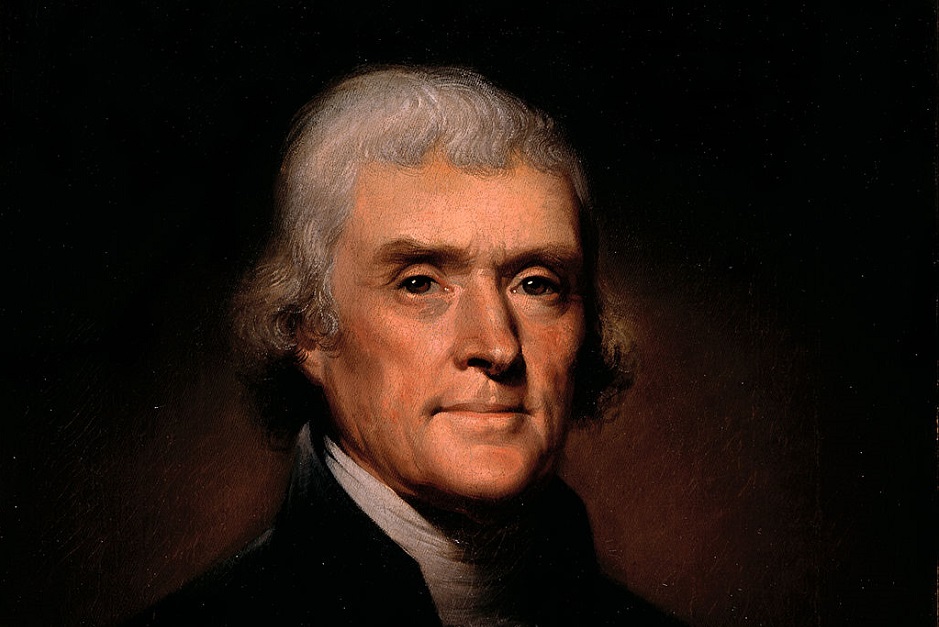
280 years later, here’s how Thomas Jefferson is still shaping our society
April 13, 2023 | Post
As we commemorate Thomas Jefferson’s 273rd birthday (he was born on April 13th, 1743) we could certainly remember him for more than one accomplishment. But one contribution in particular really does stand out.
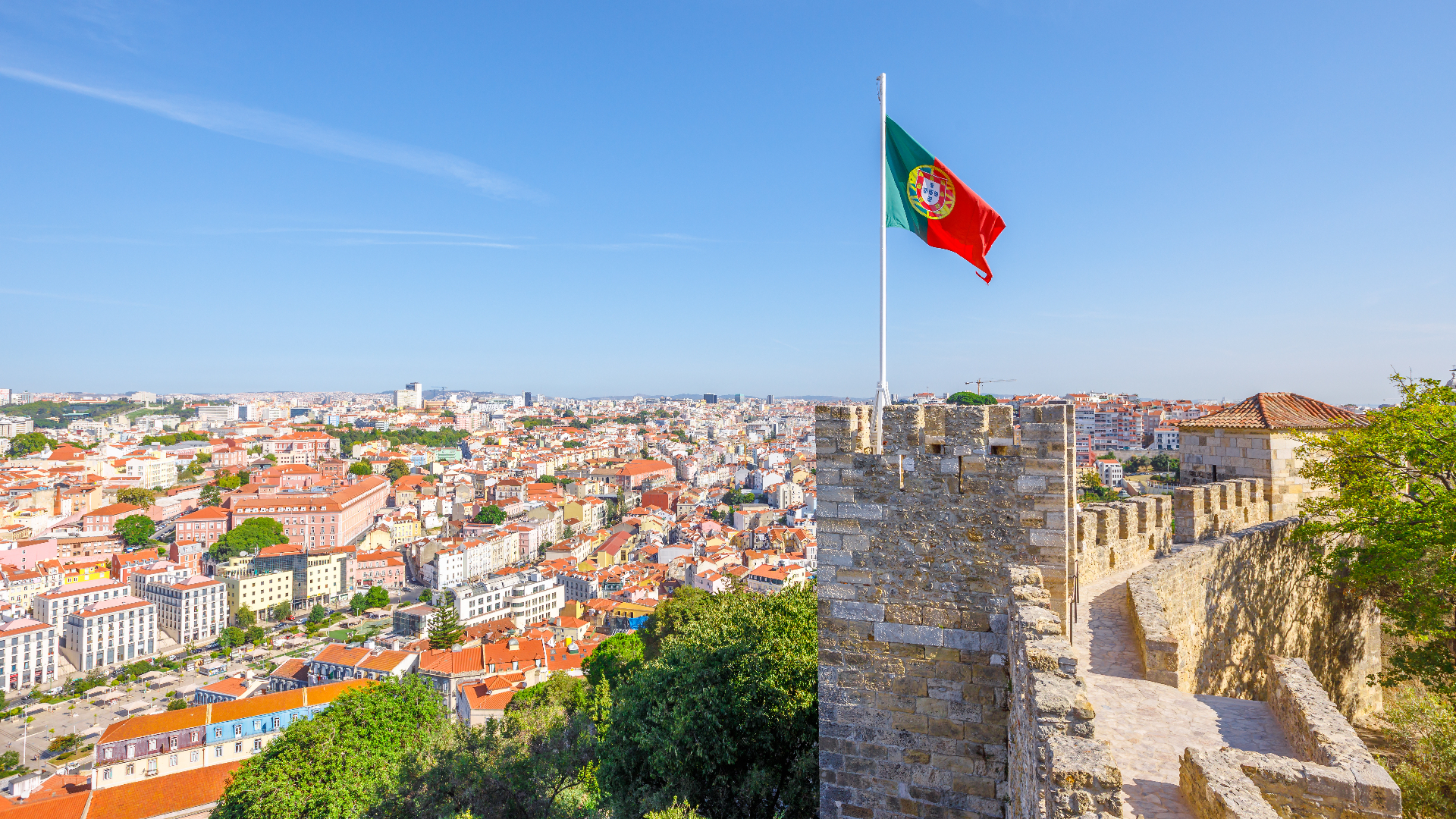
A legacy of liberty: the Portuguese Liberal Revolution of 1820
March 29, 2023 | Post
Many are familiar with Portugal’s Carnation Revolution that brought an end to the authoritarian Estado Novo regime in 1974 and paved the way for democracy. Still, perhaps fewer are aware of the fascinating circumstances around the country’s Liberal Revolution, which took place just over 200 years ago.

Born from dissent: social movements and the case of Georgia
March 9, 2023 | Post
In Georgia, social movements have always been a means to democratically express discontent with the status quo. This is true once again in light of the new “foreign agents law”
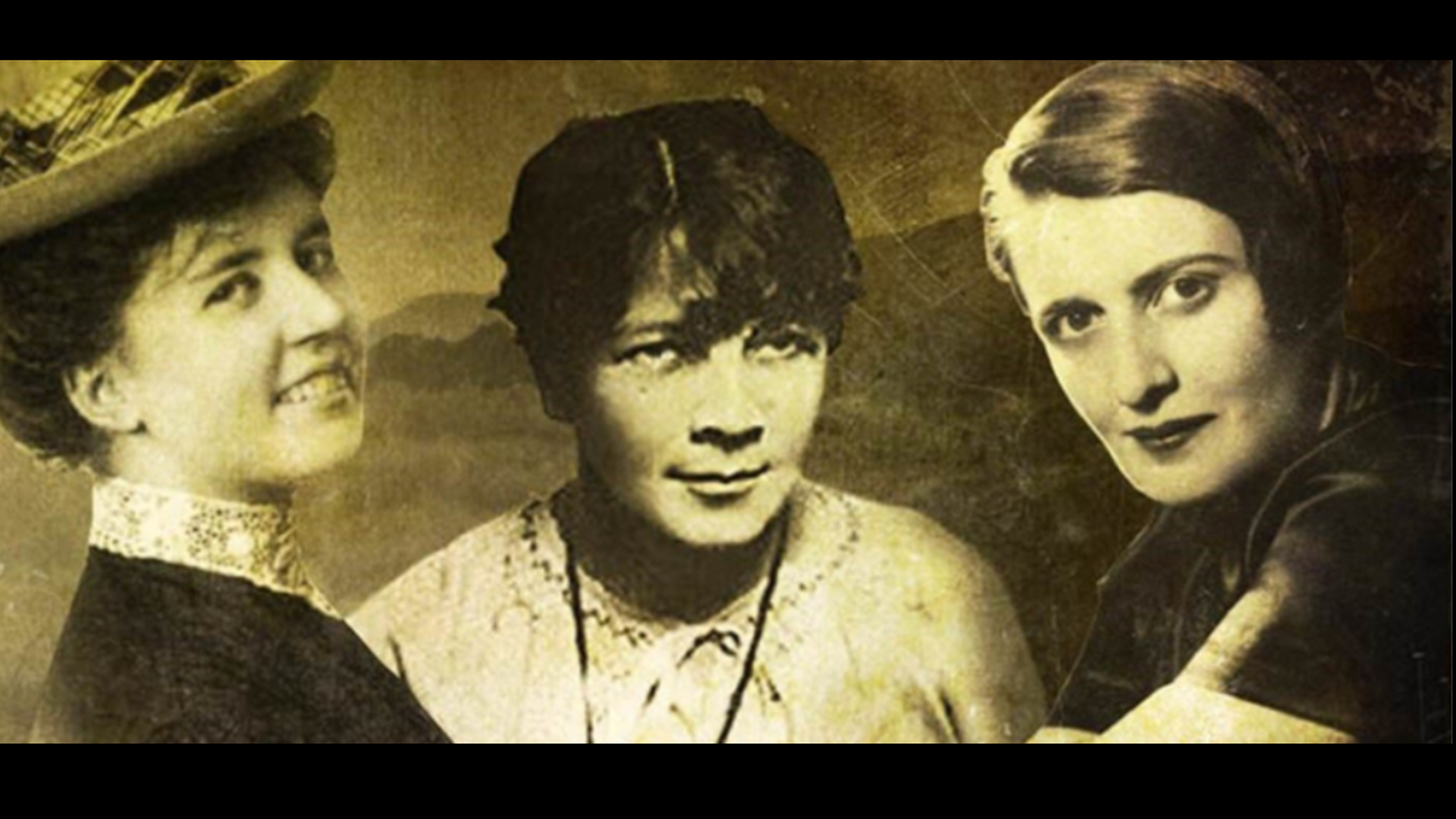
Women’s History Month: Meet 12 women who’ve contributed to a freer future
March 8, 2023 | Post
This Women’s History Month, let’s take a look back at 12 remarkable women who’ve paved the way for individual liberty and a freer future.

Why some countries succeed and others don’t
March 6, 2023 | Post
Why are some countries successful while others aren’t? Is it down to natural resources, colonialism, or can it be better explained by something else?
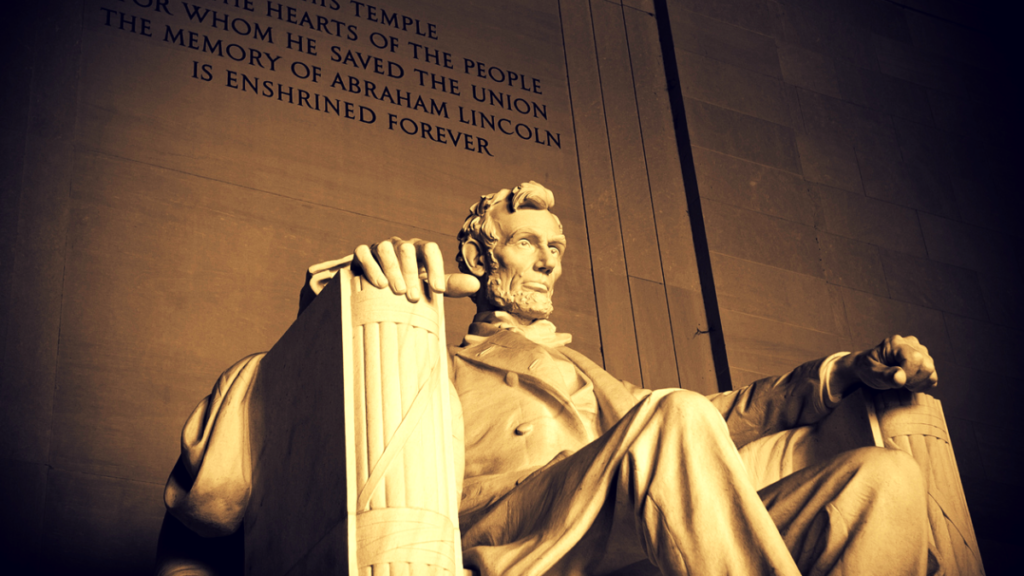
Top 5 myths about Abraham Lincoln’s Emancipation Proclamation
February 12, 2023 | Post
Abraham Lincoln’s Emancipation Proclamation of January 1, 1863, declaring the slaves of the rebellious southern states “forever free,” is probably the most important event of his presidency or even his life. But most people — including a few professional historians — get the Proclamation wrong.

